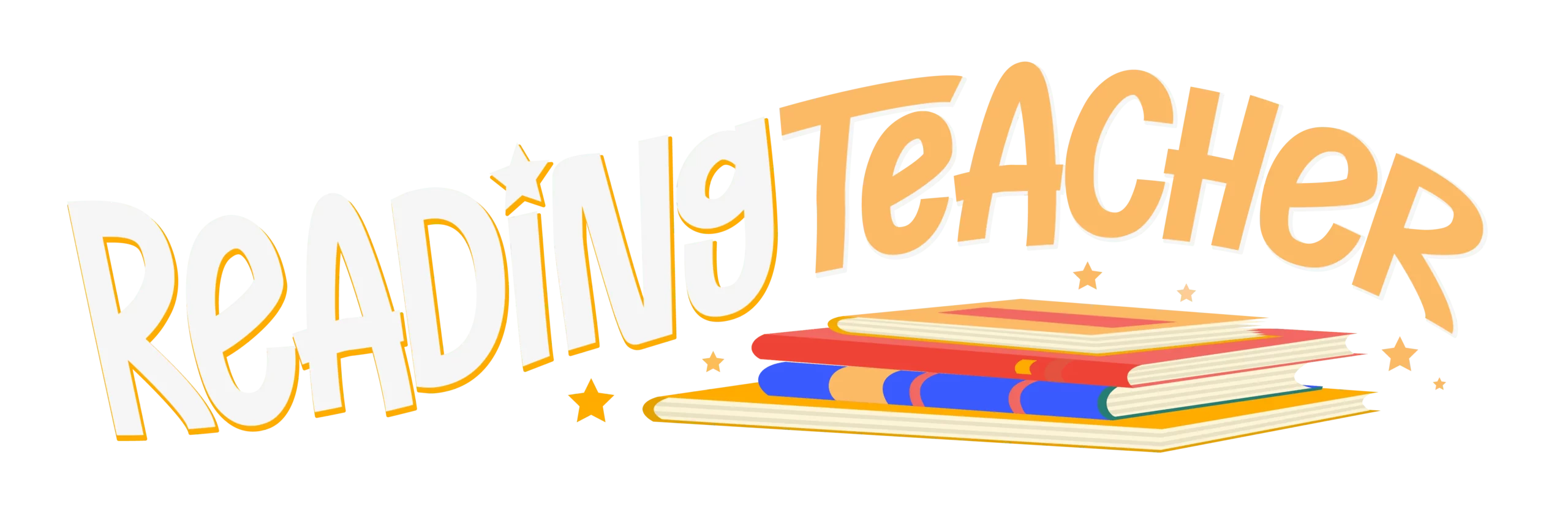7 Early Signs Your Child May Have a Reading Issue
What counts as a “reading issue?”
In a shift toward more inclusive language, some educators and researchers refer to reading issues - rather than reading disabilities or disorders - to describe the challenges faced by readers of all ages.
Of course, a 7 year-old struggling with reading differs from an 11 year-old facing a reading challenge. When readers reach adulthood, they may find that unaddressed learning struggles and the stressors of adult life create new reading issues. What connects readers across age groups is the experience of struggling, learning, and, ultimately, continuing to read.
Many people will face a reading challenge at some point in their literacy journey. If you’re working closely with a young reader, here are seven signs that may indicate more serious reading issues. With early diagnosis and personalized support, even significant reading challenges can be overcome.

Early Signs of Reading Difficulty
1. Resistance to reading aloud. When children struggle with phonological awareness and the pronunciation of words, they may resist reading aloud - even with a trusted adult. Fears around reading aloud can be normal, especially in a group setting. But if you notice especially hesitant and labored reading, it’s worth taking a closer look.
2. Difficulty with rhyming. If your child struggles to keep pace with nursery rhymes, it may be a sign of dyslexia, which hampers the ability to process the sounds of language. Another common reading issue is apraxia, a motor speech disorder that slows the development of phonological awareness and letter knowledge.
3. Limited expression & poor comprehension. In a child’s elementary school years, a noticeable struggle to comprehend words - and to read them with emotional expression - may point toward dyslexia or other reading struggles.

4. Decoding difficulties. Let’s face it: for most children, learning to decode takes a great deal of time and energy. But if your child is skipping words, misreading them altogether, and/or reading very slowly, they’re likely missing the overall meaning of the text.
5. Inability to memorize sight words. Even after hours of repetition, a poor memory of common sight words can indicate issues with auditory processing or visual perception.
6. Attention issues. Especially for a young reader, finding the energy to concentrate on a story can be tricky. However, if a reader is getting lost on a page and struggling to attend to the words - let alone, the plot of the story! - a deeper reading issue may be at play.
7. Spelling woes. Just like decoding and memorizing sight words, learning to spell takes time and repetition. We’re not all cut out for the spelling bee - but if you notice different spellings of the same word throughout the same piece of writing, it could be a sign of dysgraphia, a neurological disorder that affects spelling and/or the ability to convert thoughts into written words.
7 Year-Old Struggling With Reading
At age 7, U.S. schoolchildren are typically entering second grade. Second-graders are typically expected to read more efficiently and fluently, assuming they’ve developed the reading strategies to tackle more complicated sentences and genres.
While there’s no official make-or-break year for reading success, experts at understood.org - a leading website for dyslexia information - agree that if children still confuse look-alike letters (for example, b, d, p, and q) or sound-alike letters (b and p, or d and t) after age 7, they may have a greater reading issue.

11 Year-Old Struggling With Reading
If your 11 year-old is still struggling with reading, it’s important to recognize the toll of the past few years. With a pandemic, virtual learning, and the loss of both learning and social opportunities, many older elementary students are still learning to read independently. Heading into fifth grade and middle school, parents and educators can take some of the following actions to encourage a struggling reader:
- Get their eyes checked! Vision problems can affect early reading and academic confidence. New glasses can be a simple but profound shift for a fifth-grader struggling with reading.
- Consult with a doctor about dyslexia testing. As we’ve mentioned, many early literacy struggles emerge from diagnosable - and 100% manageable - reading issues.
- Celebrate their progress. Even if progress is slow, encourage your child throughout the process. Also consider audiobooks and podcasts - which, like good books, can cultivate a sense of wonder and interest in the world.
With the backbone of a phonics-driven curriculum, parents and educators can meet struggling readers at eye-level and support them in their journey - regardless of where they began.

Take-Aways:
- While no reading issue manifests the same in all children, adults can look out for early signs of reading difficulty, including:
- Issues with rhyming
- Resistance to reading aloud
- Poor comprehension and expression of words
- Spelling & writing issues, especially when written skills lag behind a child’s oral communication skills
- Parents are encouraged to remember the impact of the pandemic on their students’ reading progress.
- It’s crucial to provide patience, explore alternative reading activities, and diagnose underlying vision and reading issues.
Start Teaching Reading for Free Now!
Access Level 1’s four interactive stories and the accompanying supplemental resources to teach elementary students how to read. No credit card is needed. Join the 42,635 teachers and students using our reading program.
